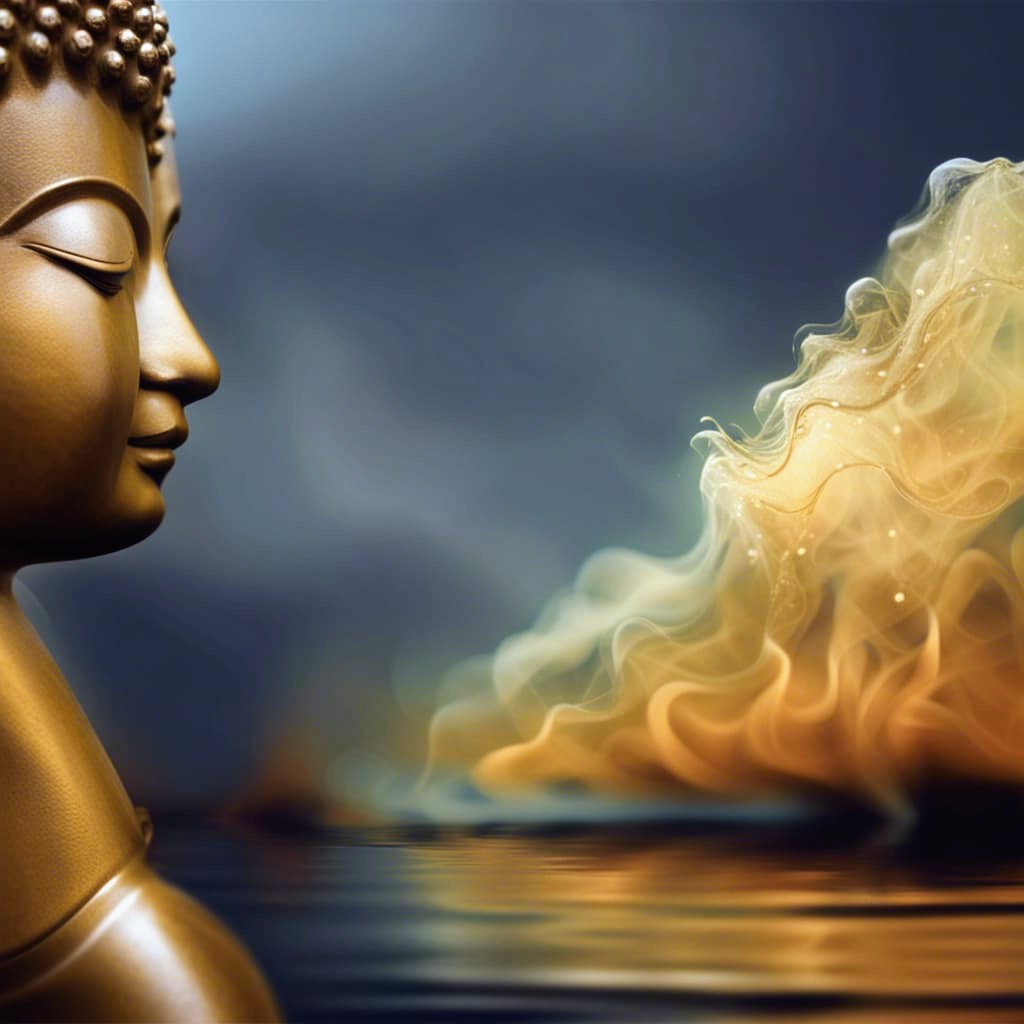
Great films give us great characters for good or bad. Scorsese has more than his share. And while he sometimes includes a big fat hint in the title — Raging Bull, Goodfellas, The Wolf of Wall Street — we all go on quoting and posting gifs of these truly awful people being awful. But Kubrick? His evil is truly evil. Whether it’s the desecration of Gene Kelly’s Singin’ in The Rain in a rape scene in A Clockwork Orange, or HAL 9000’s inability to accept fault and ensuing murderous rampage to cover up his mistake, Kubrick chills with his unblinking camera and meticulous craft. These antiheroes stay with us because they are so real.
And Jack Torrance in The Shining is perhaps the most real of all onscreen abusers. Whatever “shined” at the Overlook Hotel, Jack Torrance was always a dangerous man, the Overlook simply emphasized all that was twisted in him.
I once heard that all Kubrick films can be summed up as: The dehumanization of man by [fill in the blank]. In Dr. Strangelove and 2001, it’s technology. In Paths of Glory and Full Metal Jacket, it’s war. Lolita and Eyes Wide Shut are about sex. In Barry Lyndon it’s society. The Shining, dir. Stanley Kubrick, 1980, is about a man dehumanized by masculinity, or a specific version of it. The utterly antisocial and toxic kind.
Kubrick let us know that from the beginning. Look at the character of his wife Wendy (Shelley Duvall) in the beginning speaking with the doctor about she and Jack’s (Jack Nicholson) son. Danny (Danny Lloyd), blacked out and fell in the bathroom. She is pale and thin and chain smoking. When asked about her family’s recent move to Colorado, we learn that Jack had gotten drunk and dislocated Danny’s arm at their old home in Vermont. She diminishes the incident as “you know, just one of those things,” and smiles when she announces that Jack hasn’t touched a drink since then.
We are immediately told that Jack a threat. A man who won’t simply move his family from Vermont to Colorado to escape his misdeeds, he then proceeds to isolate them further by accepting the winter caretaker position at the Overlook Hotel. A hotel the manager told Jack was inaccessible during winter, the subject of a feud with native tribes, and had a recent winter caretaker who murdered his wife and two daughters with an axe and then killed himself with a shotgun.
“Cozy!” Wendy declares of the cramped area they’ll be forced to live in while at the hotel. While the kitchen, which she’s immediately sent to with Mr. Hallorann (Scatman Cruthers), an older black man, is immense and industrial. The polar opposite of a family kitchen.
Jack’s escalation to violence doesn’t take long, about a month going by the startling screen cards announcing the day of the week. His stated intention in taking the job is to write a book. We only ever see Wendy doing any caretaking of the hotel. Whether she’s checking the boilers, cooking and bringing food to Jack, looking after or playing with Danny or communicating with the local forest rangers about the impassable roads and downed phone lines, she’s engaging in life. Meanwhile Jack plays with his handballs in the large hall he’s staked out as his writing area.
As Wendy, Danny and Jack become more isolated, the worse Jack becomes. It’s as though the release from society and its norms with checks on behavior releases something in Jack. That something is alluded to on the family drive to the hotel: what The Donner Party became after they were left snowbound in the mountains. Worse than animals. Degraded and depraved humanity.
Jack begins with agitated hostility. When Wendy enters the hall to check on him, he orders her out, telling her to leave him alone “and . . . start now by getting the fuck out.” Wendy really has no response to his casual cruelty than to suck in her breath and leave. She isn’t a person to him. Neither is Danny.
When Jack does make his “deal with the devil,” declaring “[he’d] sell his soul for a goddamned glass of beer,” he’s crude with the approving bartender who appears, Lloyd (Joe Turkel). Wendy is “the old sperm bank,” and Danny is “the little fucker.” Danny spread his papers all over his office, so Jack just pulled him away so dislocating his shoulder was Danny’s fault, he explains. Jack complains of “The White Man’s Burden.” Later on, Mr. Hallorann is referred to as “a n—-r cook.” The Bartender says, “Women. Can’t live with them.” Leaving the usual end of the phrase ominously missing.
Meanwhile the film reminds us of the rape of the native lands in the hotel’s faux native decor. Alcohol and alcoholism mark Jack’s degeneration. And when Wendy and Danny go into the hedge maze, we are reminded of the illogical, isolated and frightening situation they are in.
After the snowstorm, and Danny’s apparently violent experience in one of the hotel rooms, Jack grows worse. He treats checking out the room as an annoying interruption. And after having encountered one of his demons in what appears at first to be a beautiful naked woman, he lies to Wendy. He gaslights her into wondering if Danny really is the problem and if she is just being dramatic. In the meantime, Jack pulls the transistors from the radio to the forest service, and destroys the “snow cat” that Wendy said she could drive while touring the hotel.
All this time, Wendy had been keeping up appearances. She kept wearing cute but warm outfits and makeup, which Danny uses in the “Redrum” scene. Making breakfast in bed for Jack. She is the perfect picture of an abused woman. She’s completely isolated with a man she knows can be violent and has a volatile temper. She has no way to contact anyone, and she cannot leave her circumstances. She’s trying her best to keep it together and keep him calm.
Jack rubs her face in the situation when, after finally deciding to leave the hotel in the unbeknownst to her destroyed snow cat for the now catatonic Danny’s sake, Jack yells to her to “Go check it out! You’re not going anywhere, Wendy!”
Wendy eventually realizes her survival and that of Danny requires her to do something drastic. With luck she manages to confine Jack for a while, but when he gets out, she shoves Danny through a tiny window in their bathroom. She looks doomed until Mr. Hallorann, the only person who thought to check on the family, pulls up in another snow cat. After murdering Hallorann with an axe, Jack chases Danny out into the snow.
Here Jack, now howling unintelligibly and barely walking, is outwitted by Danny’s knowledge of the hedge maze. Wendy loads Danny into Hallorann’s snow cat, and they leave. Jack is left completely alone and frozen to death.
Jack Torrance is a terrifying character who believes his own feelings override that of any other character in the film. He dislocates Danny’s shoulder because he’s drunk and late. He relocates his family across the US to avoid his actions and their repercussions. His wife, who is a shy bookworm, is left alone with their son in a new town where neither she nor Danny have friends or support, except through insufficient institutional support in a kind female doctor. Jack blames Wendy for his unrealized dreams of becoming a writer, and further isolates her and their son by agreeing to live in the inaccessible and creepy Overlook Hotel. Jack’s pursuit of alcohol and women, his lack of respect for his wife and care for his son are the demons that drive him to his cold, lonely end.
Jack was always as he was and allowed and encouraged to be by the history represented in the film. He was always frozen on the inside. He wanted to be alone. Unfortunately, he was thinking of John Houston or John Wayne. Instead he was just a little man crippled inside and then without, whose only real contribution to society ended up being reams of all cap type complaining that “All work and no play makes Jack a dull boy.”
Namasté you shining legends.
– JL ✌🏼❤️🧡💛💚🩵💙💜🤎🖤🩶🤍😳
If you or anyone you know is experiencing domestic/sexual violence please contact RAIIN by phone or chat.
If you’re considering suicide, self harm, or have a mental health crisis: call or text 988 any time to talk or text with someone from the National Suicide Prevention and Crisis Hotline. Help is always available in English or Spanish.
Check out my Instagram!! And connect with me on Facebook here and here. I’m now on Threads, too!
Buy me a cup of coffee and Abbey a homemade peanut butter bone?
Make a monthly donation
Make a yearly donation
Choose an amount
Or enter a custom amount
Your contribution is appreciated.
Your contribution is appreciated.
Your contribution is appreciated.
DonateDonate monthlyDonate yearlyGot a COMMENT? Click below! I love the feedback. If you like what you’ve read, TAP the Star LIKE button. LIKE and SHARE on Facebook. Follow and share!

